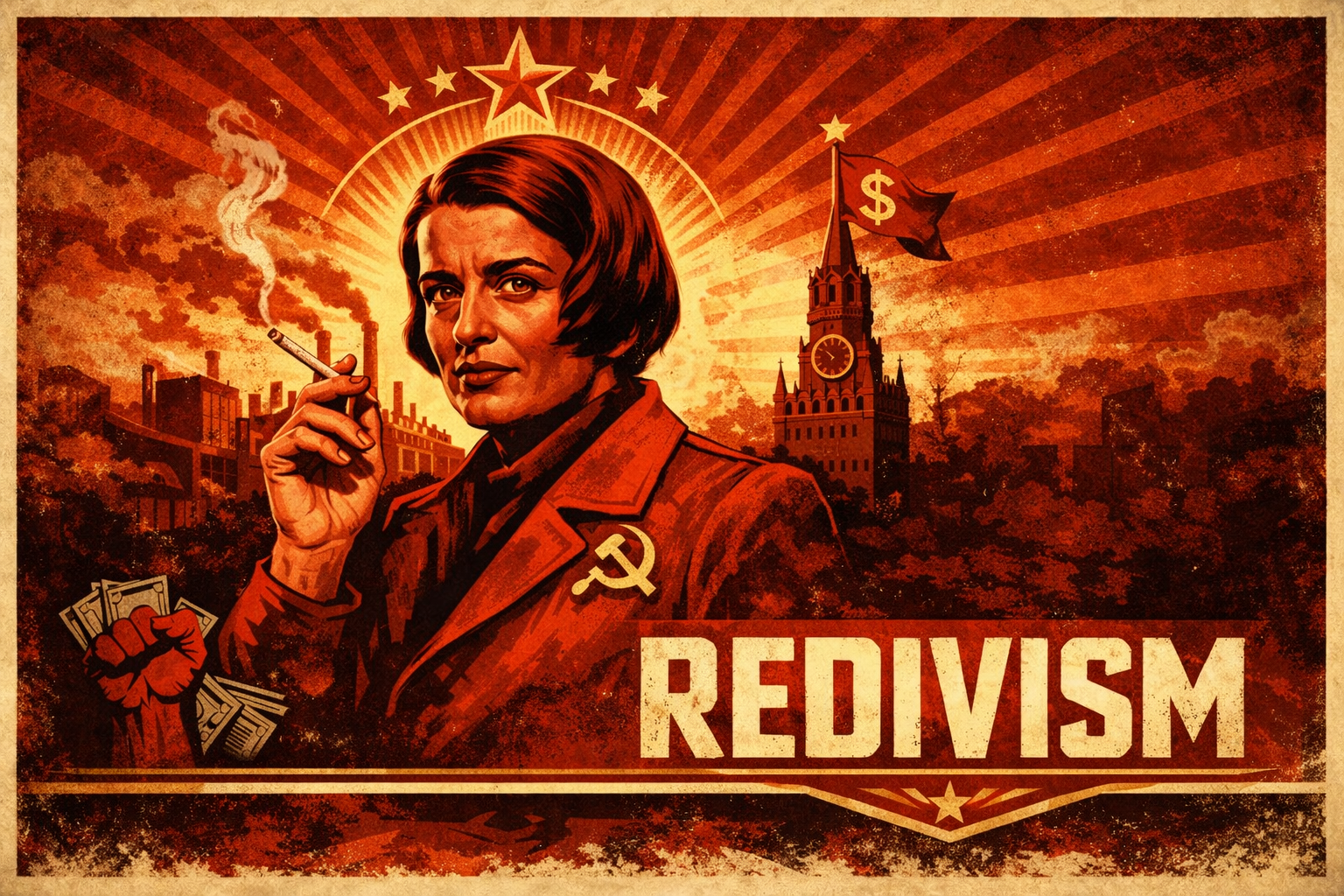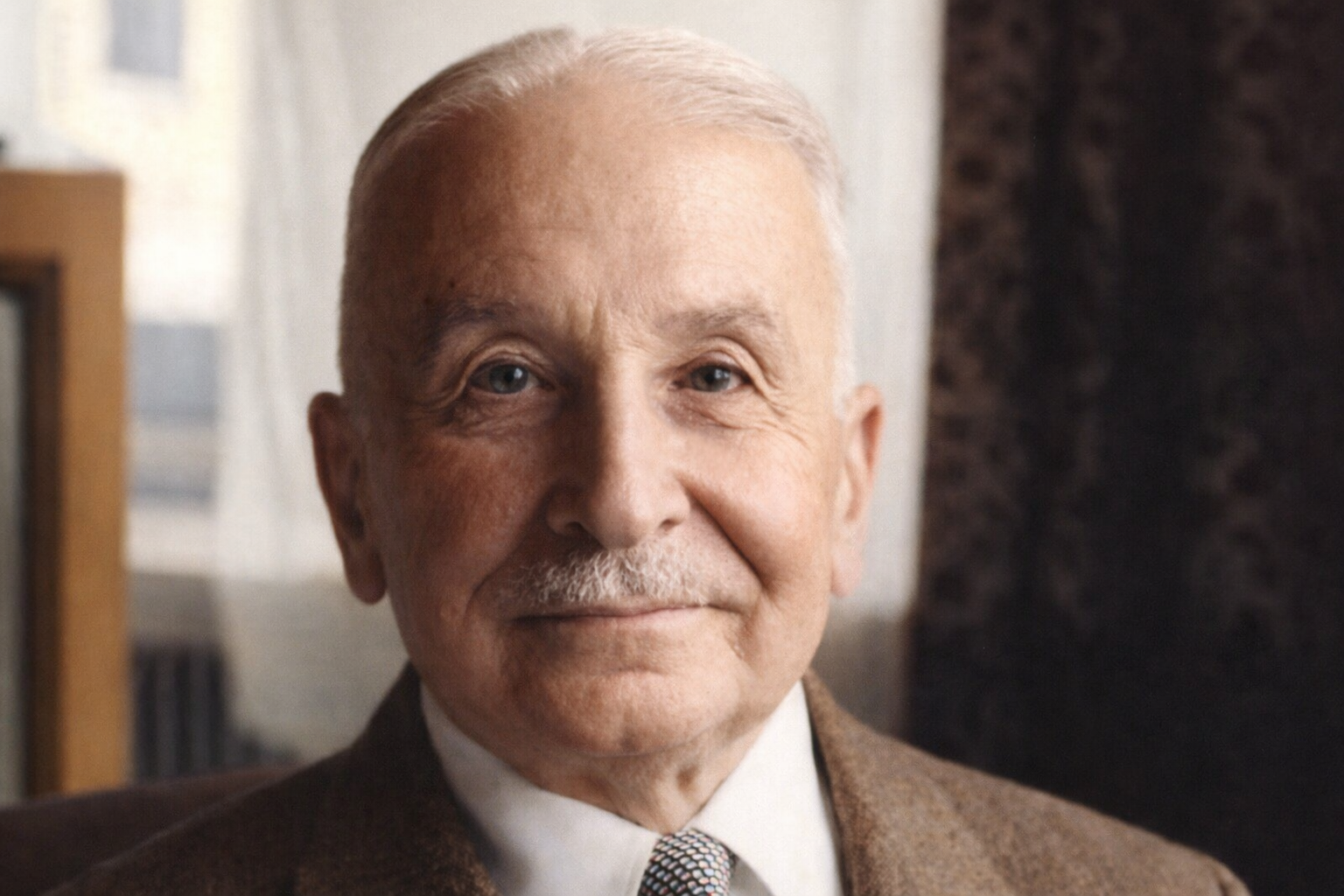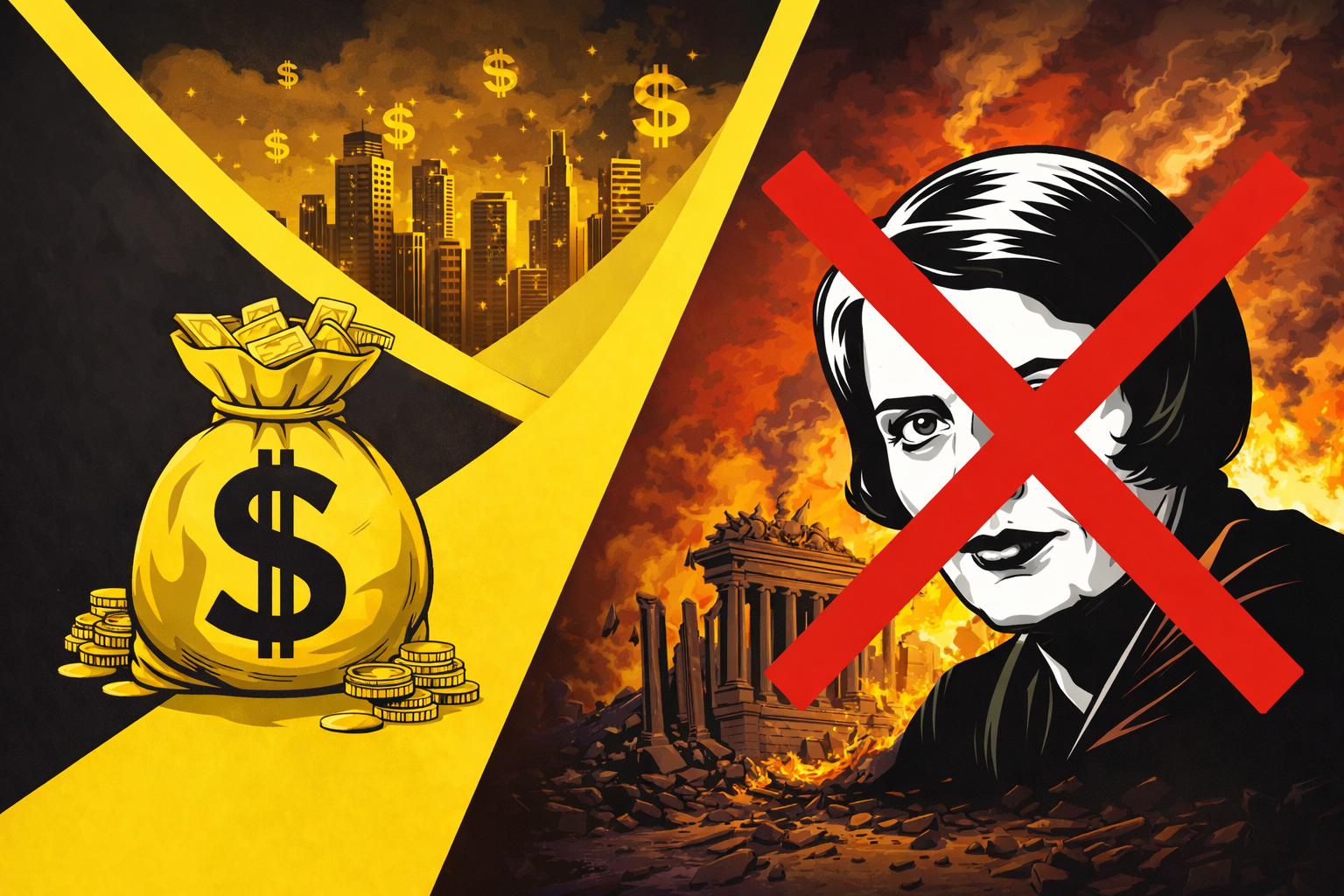-

Libertarian Lexicon #4 – Capitaloid & Socialoid
Capitaloid (expanded definition) Capitaloid (noun / adjective) A person, institution, or system that claims to support capitalism or markets, but either(a) violates their core principles or(b) behaves as an uncritical, fanatical defender of “capitalism”, treating it as an identity or dogma rather than a practical system of voluntary exchange. Additional…
-

Libertarian Lexicon #3 – Redivism
A doctrinal confusion within Objectivism, characterized by the failure to recognize that classical liberalism and socialism historically pursue the same underlying objective—the liberal project—namely the rational reorganization of society through universal principles, abstraction, and moral progress, differing primarily in method rather than ultimate aim. Usage note:Redivism is used critically to…
-

Hoppe, This Beta Male
1. Introduction and context Hans-Hermann Hoppe occupies a singular position within contemporary libertarian thought. He is often presented as one of the most uncompromising theorists on questions of borders, immigration, and social order. His rejection of mass immigration, his defense of exclusion as a legitimate extension of property rights, and…
-

Why You Should Read Human Action by Ludwig von Mises
Few books genuinely change how you see the world. Human Action is one of them. First published in 1949, it is not merely an economics textbook but a comprehensive treatise on human behavior, social cooperation, markets, money, and the limits of political power. Reading it is less like learning a…
-

Aristotle Revisited: Ayn Rand vs. Murray Rothbard on Aristotelianism, Ethics, and Liberty
Introduction Few philosophical lineages have shaped modern debates on liberty, law, and political authority as profoundly as Aristotelian realism. Both Ayn Rand and Murray Rothbard explicitly grounded their thought in the philosophy of Aristotle, rejecting Kantian subjectivism in epistemology and ethics and affirming the objectivity of reality, the intelligibility of…
-

Why Anarcho-Objectivism Fails
Anarcho-objectivism is often presented as the logical culmination of Ayn Rand’s Objectivist philosophy: a stateless society grounded in reason, individual rights, and voluntary exchange. Its proponents argue that if capitalism is moral, then government itself must be unnecessary or even immoral. This conclusion, however, does not follow from Objectivist premises.…
-

Praxeology and Objectivism
Why Ayn Rand’s Followers Clash with Ludwig von Mises on Method and Mind The tension between Objectivism and praxeology is not primarily economic. On markets, prices, entrepreneurship, and socialism, the two traditions are often allies. The conflict lies deeper, at the level of epistemology and philosophical method. Objectivists have long…



